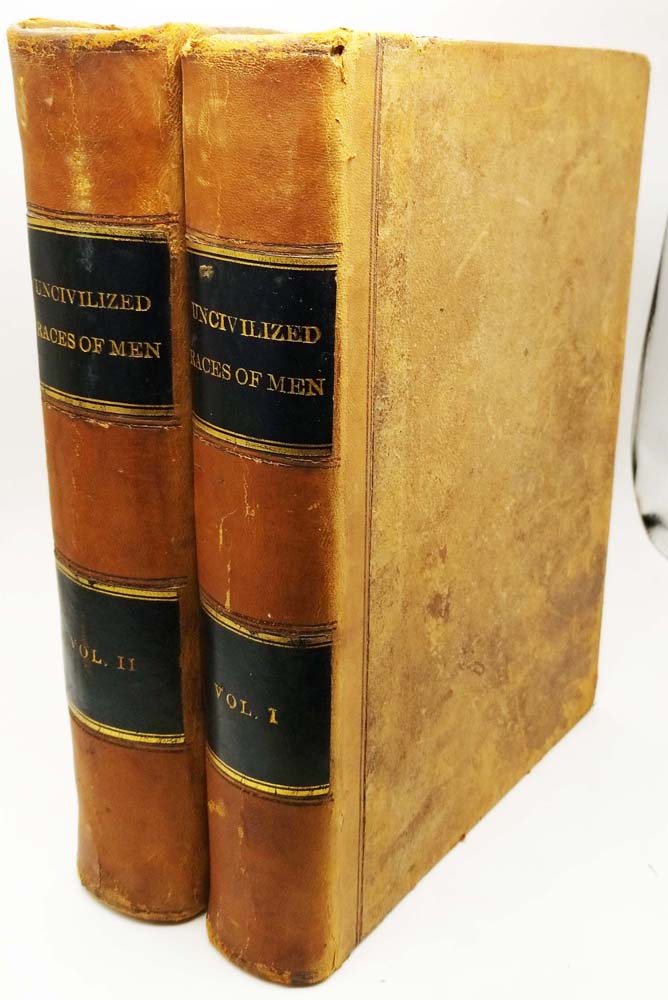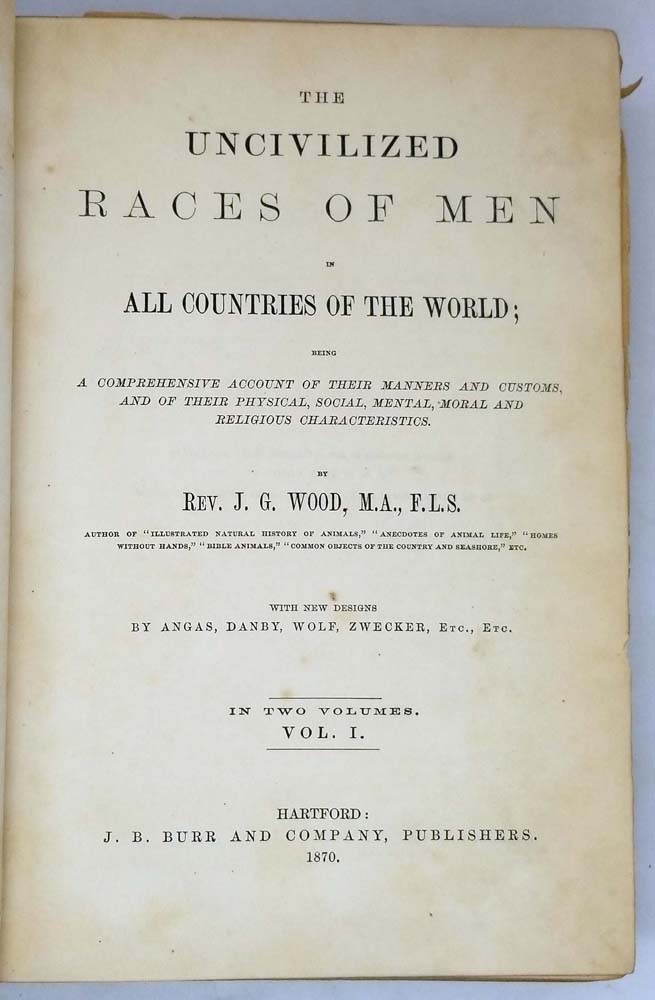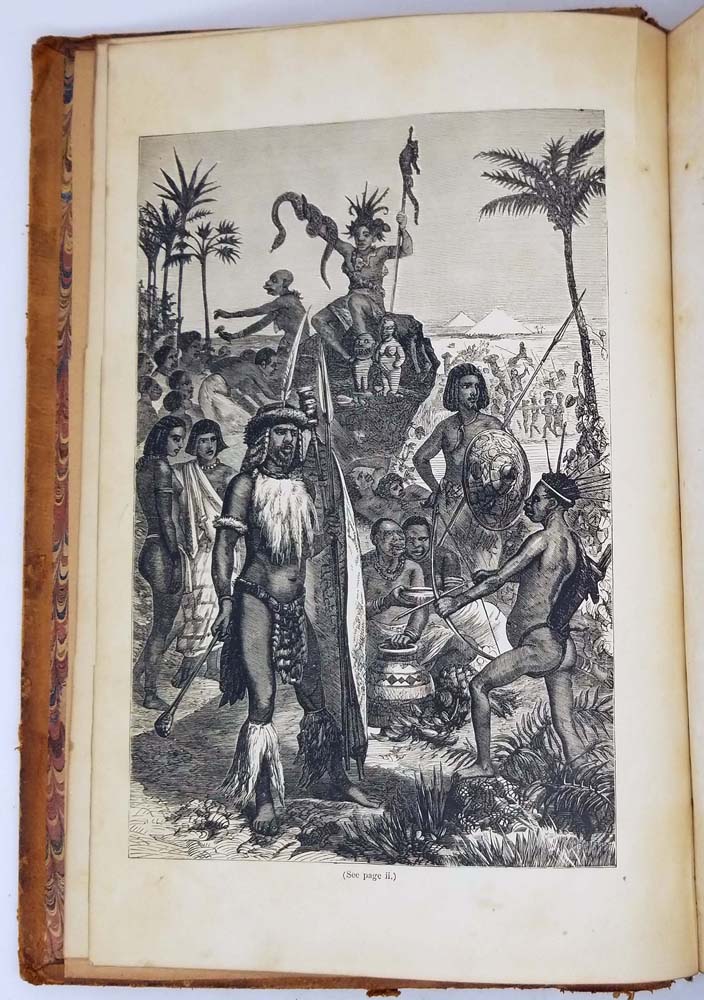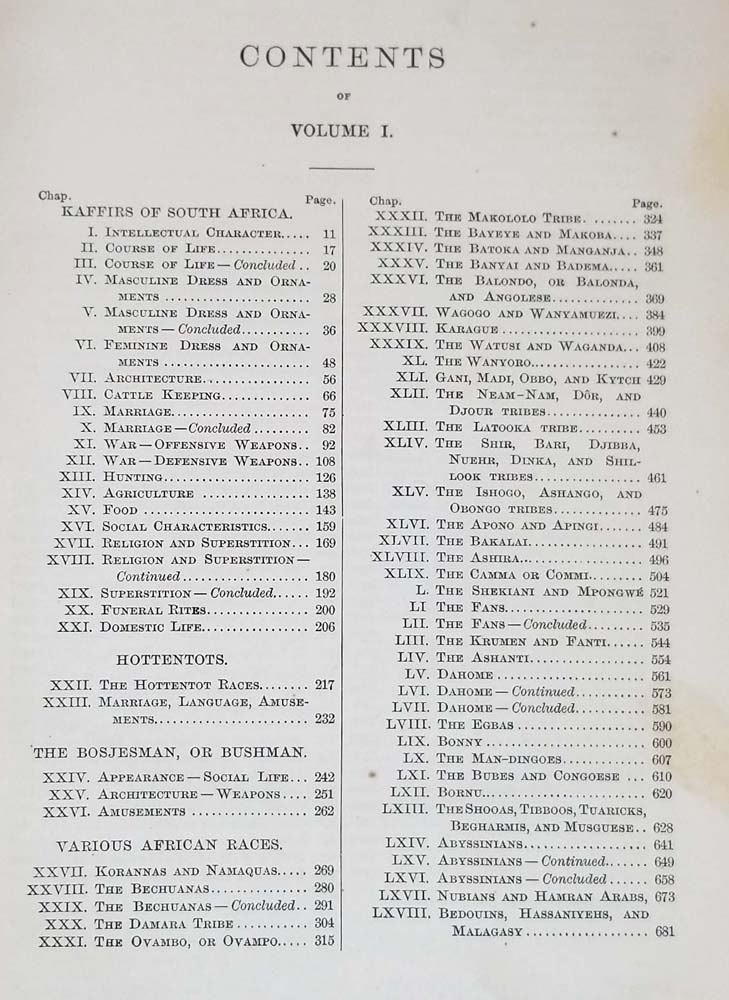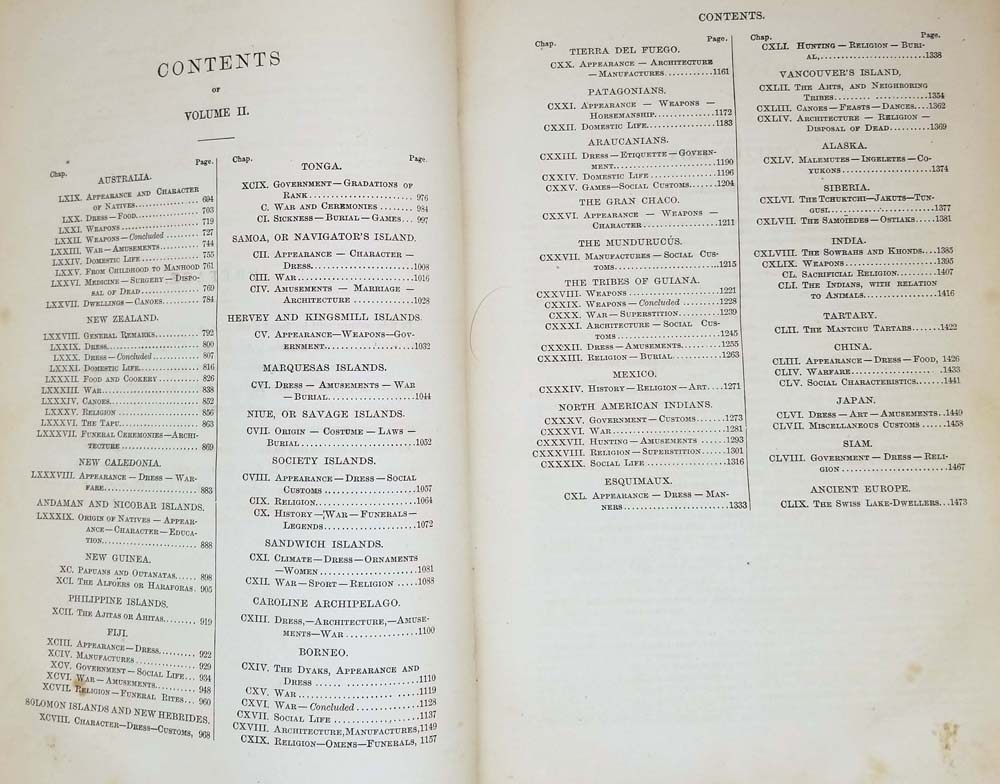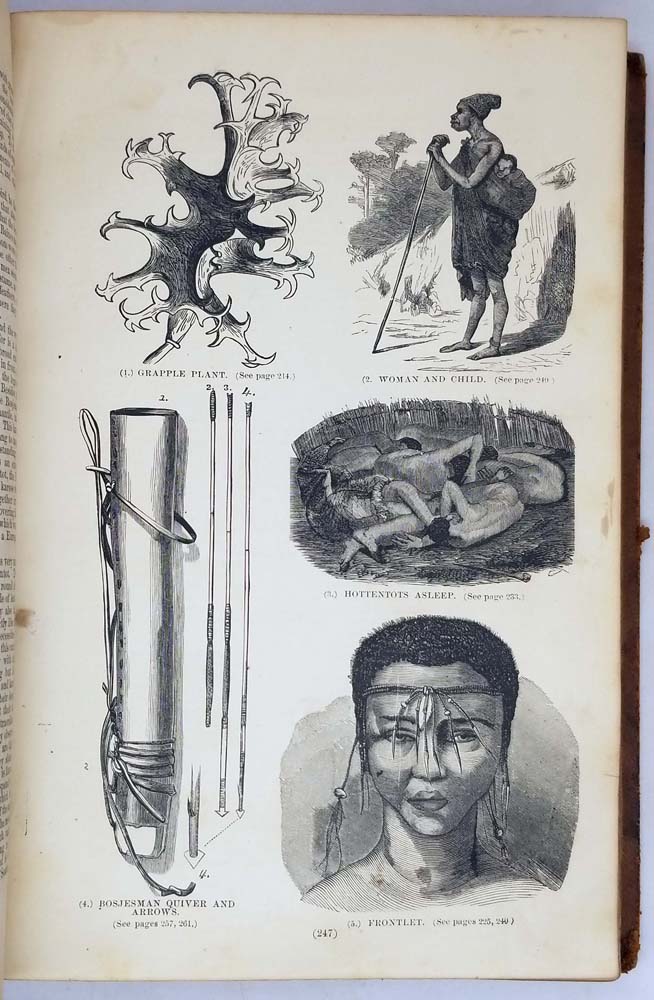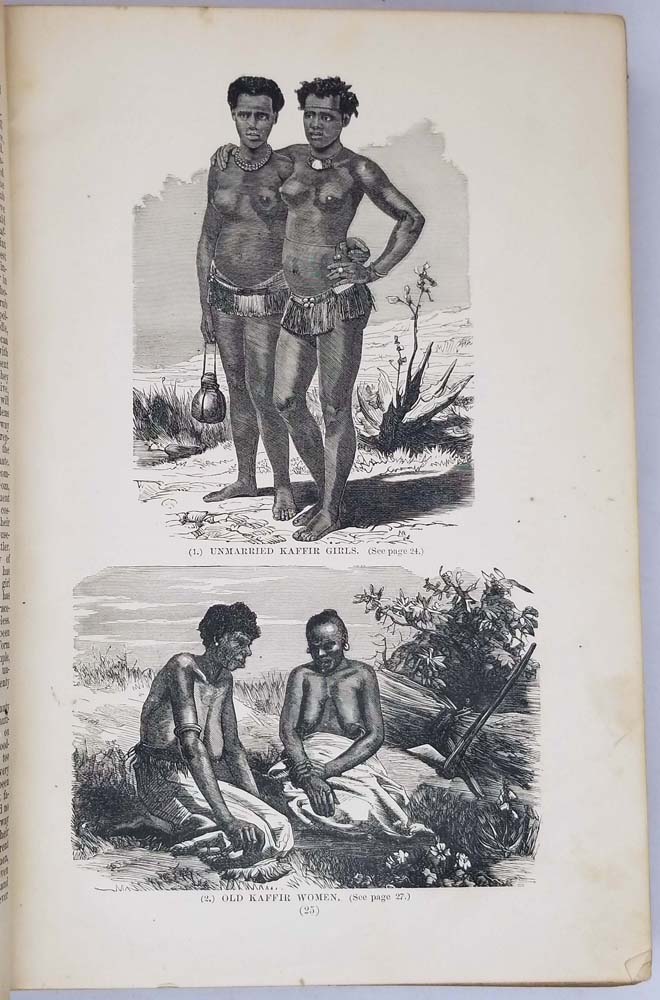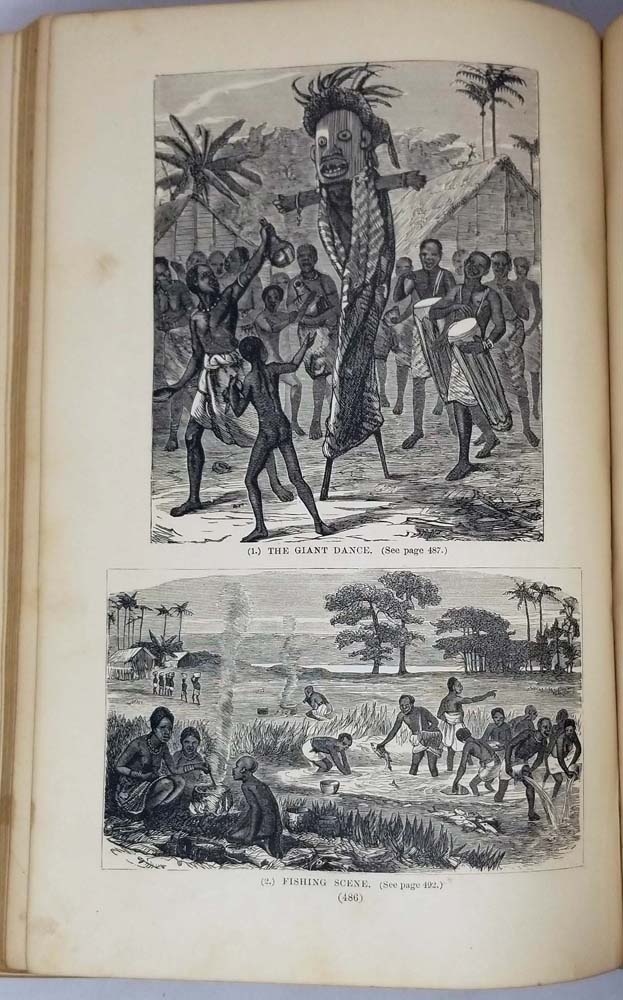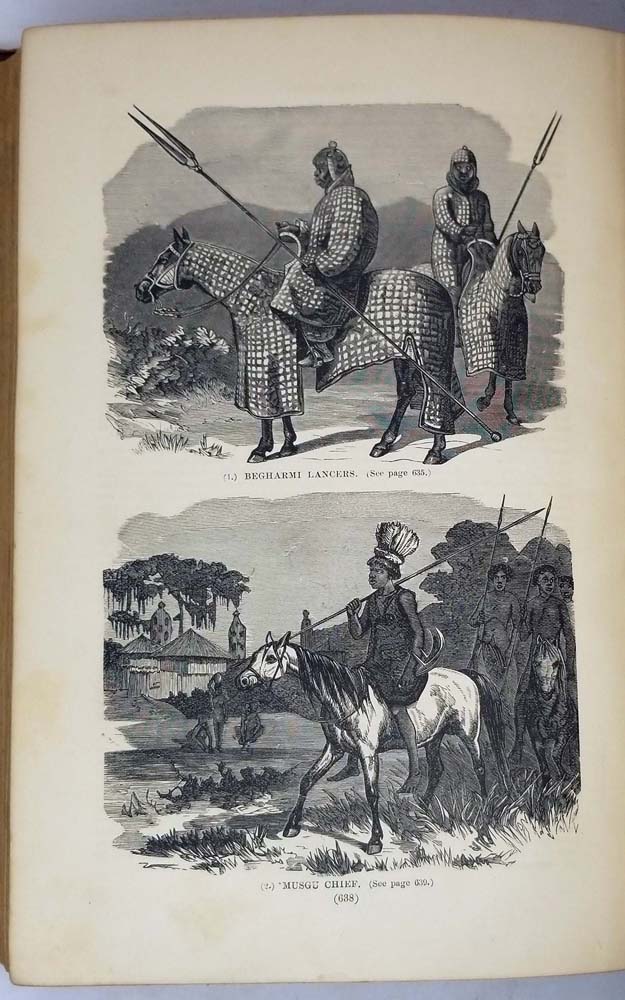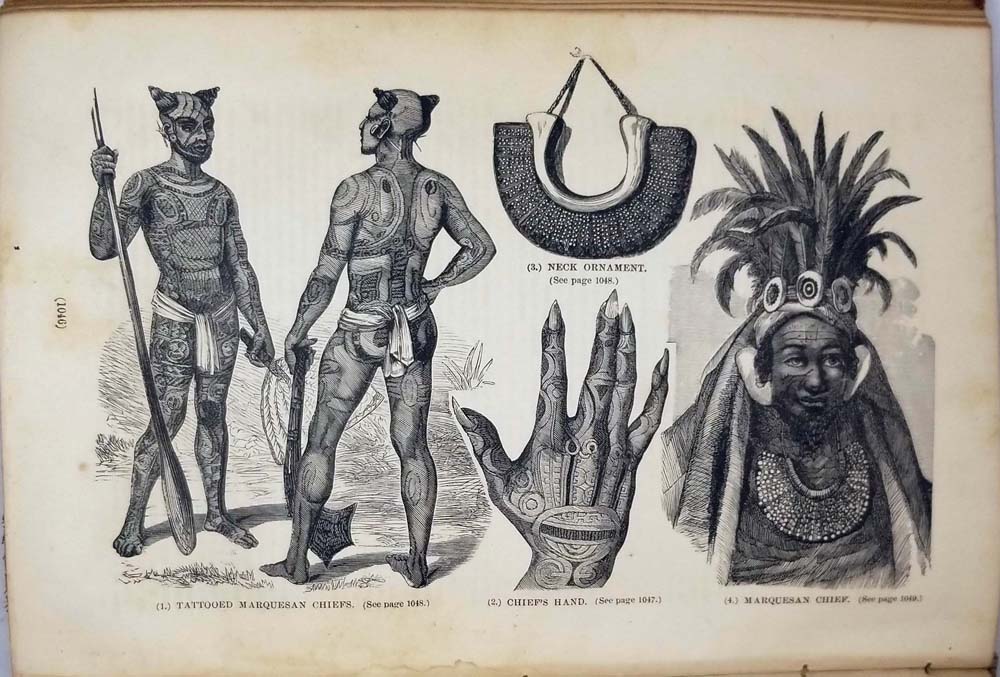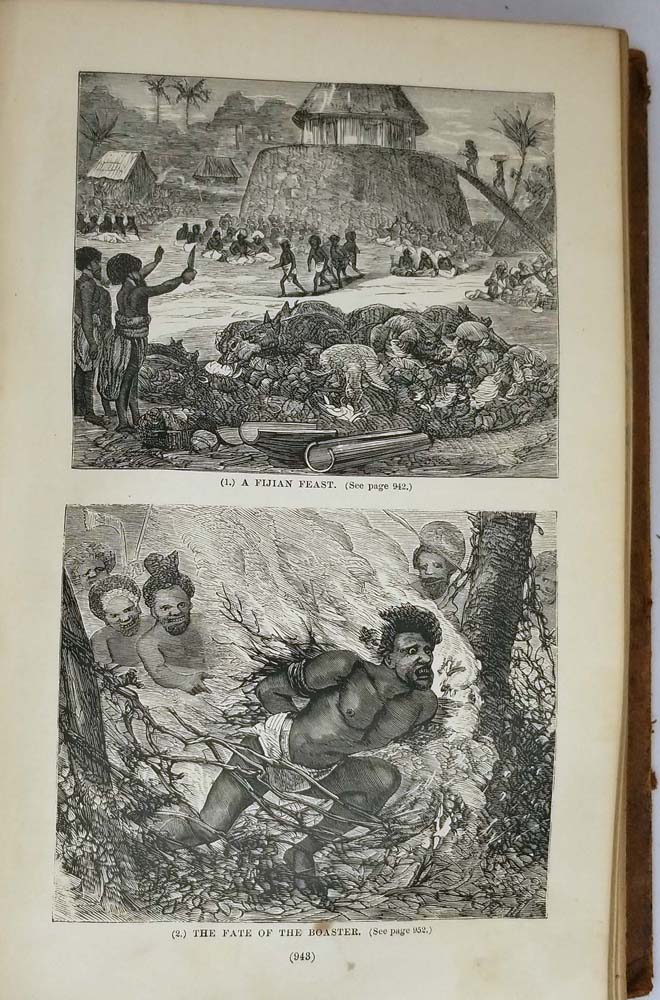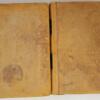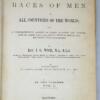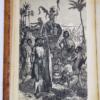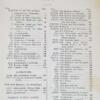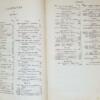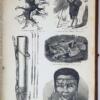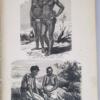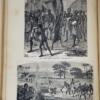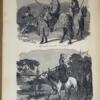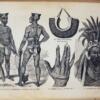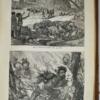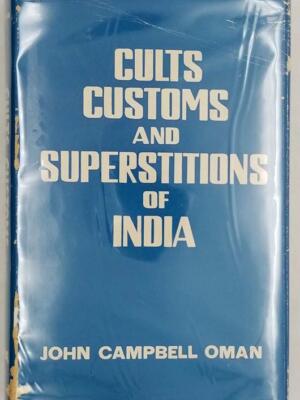The Uncivilized Races of Men (1870) by Rev. J.G. Wood is a sprawling, lavishly illustrated Victorian-era anthropological work that exemplifies the colonial mindset of the 19th century. Published during the height of European imperialism, the book attempts to document indigenous cultures across Africa, the Americas, Asia, and Oceania—but does so through a deeply Eurocentric and often prejudiced lens, framing non-Western peoples as “primitive” curiosities in need of Christian and “civilizing” influence.
Wood, a naturalist and clergyman, blends travel narratives, missionary accounts, and pseudoscientific racial theories to create a hierarchical survey of global cultures. The book’s detailed engravings—though artistically striking—frequently exoticize or dehumanize their subjects, reinforcing stereotypes of “savagery” that justified colonial exploitation.
While historically significant as a window into Victorian attitudes, the text is now widely criticized for its racist assumptions and cultural distortions. Modern anthropologists and historians view it as a cautionary artifact of how “science” was weaponized to serve imperial ideologies.
For critical study of: Colonial discourse, the history of anthropology, or 19th-century visual culture.
